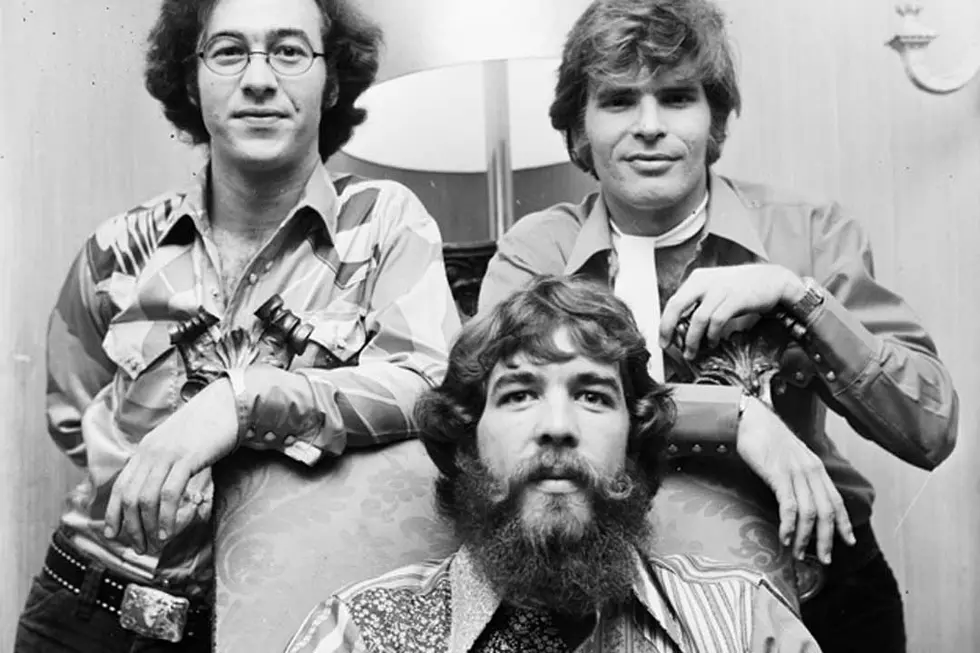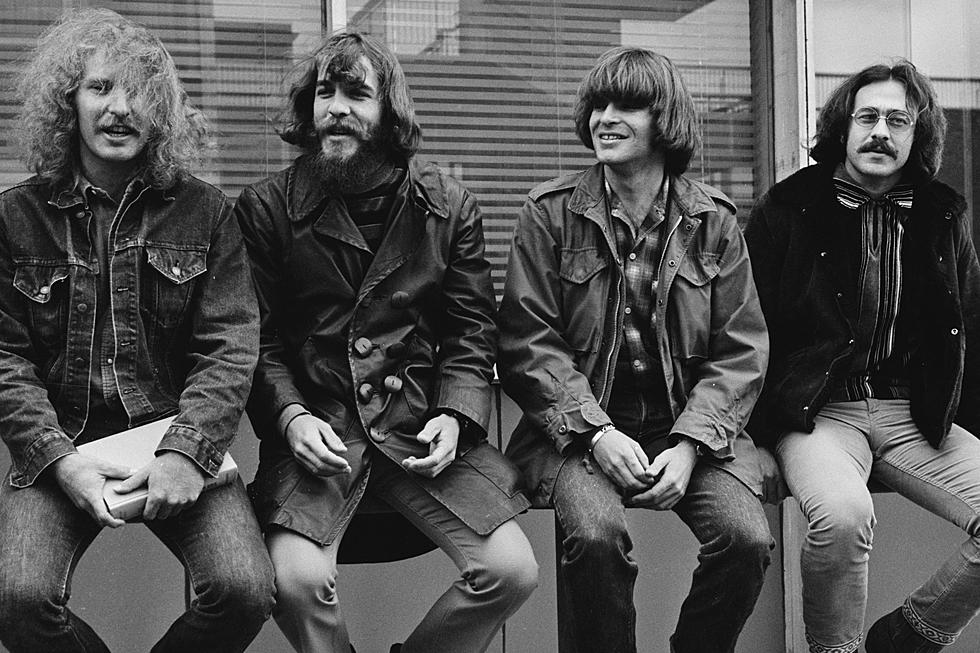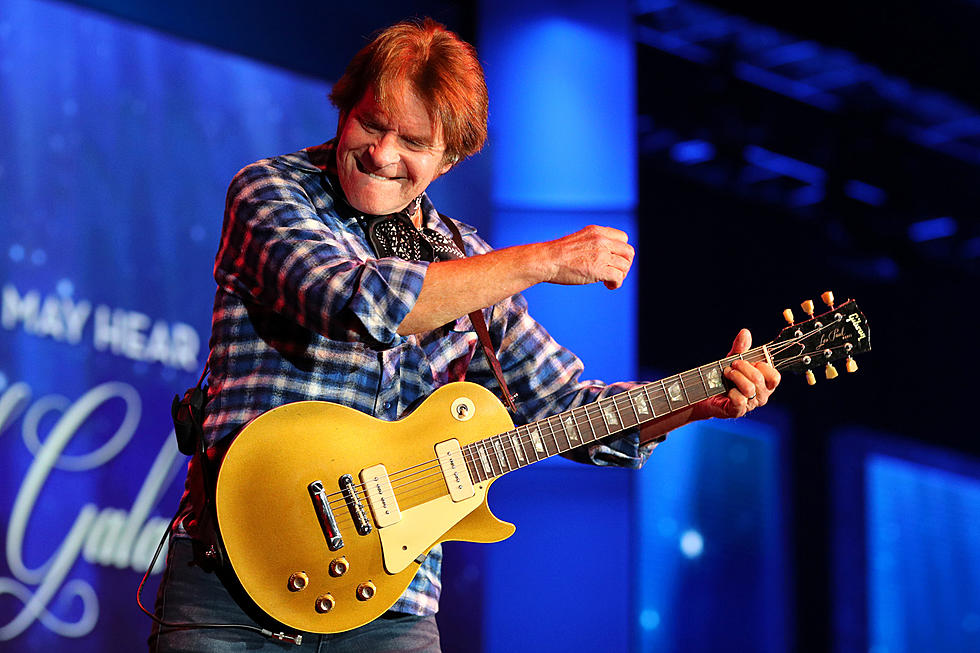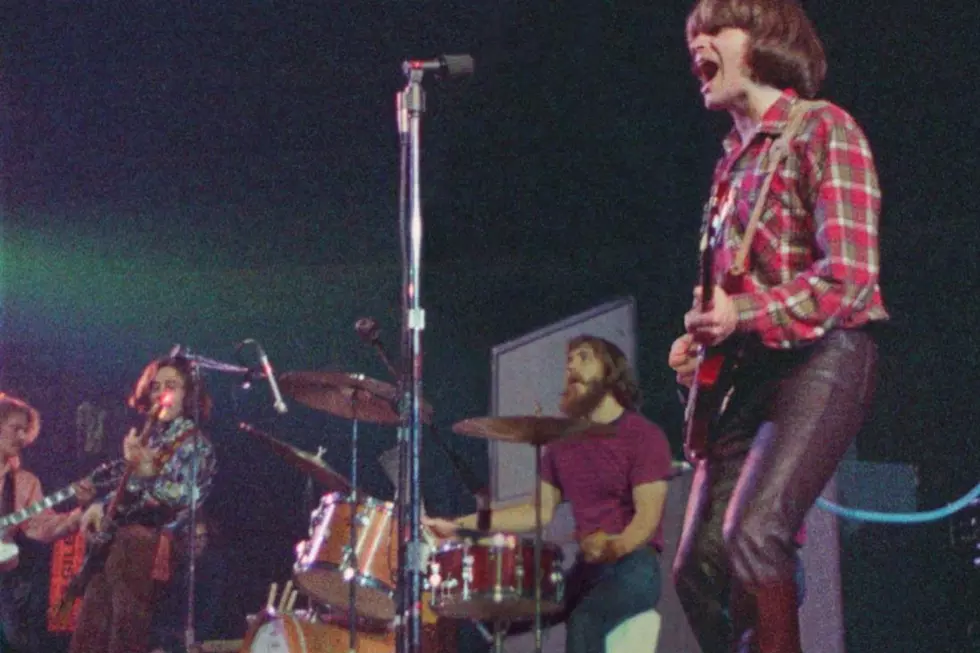
Why Creedence Clearwater Revival Ended With a Whimper on ‘Mardi Gras’
Creedence Clearwater Revival delivered an amazing body of work in a short amount of time. The story ended on April 11, 1972, with the only album they recorded as a trio, Mardi Gras.
John Fogerty, elder brother Tom, Stu Cook and Doug Clifford created a sound together that was both deeply rooted in the history of American music and yet completely original.
After the rapid-fire releases of their self-titled 1968 debut and the three classic, hit-filled albums they released in 1969 (Bayou Country, Green River and Willie and the Poor Boys), CCR seemed primed to dominate the '70s.
Their fifth album, Cosmo's Factory – released in 1970 and arguably their creative peak – was chock full of killer tracks like "Run Through the Jungle," "Ramble Tamble" and "Up Around the Bend." Trouble was reportedly already brewing below the surface, but the band somehow managed to keep it together and issue yet another album later that year.
Listen to Creedence Clearwater Revival's 'Sweet Hitch-Hiker'
Pendulum was a strong record, but it would be the last to feature the original four members. Tom Fogerty left the band in early 1971, citing his brother's unwillingness to let him take a larger role in the creative process.
With Tom Fogerty gone, the band reassembled to record what was to be their swan song, Mardi Gras. In a possibly spiteful and sarcastic effort by John to foster the democracy his bandmates sought, Mardi Gras contained only three original songs by him, and four that featured his trademark vocals – a cover of Ricky Nelson's "Hello Mary Lou" being the other.
The remaining tracks were written and sung by Clifford and Cook, resulting in a pretty generic-sounding rootsy rock album. The duo, who later performed together for years as Creedence Clearwater Revisited, said the songwriting split was due to John's creative burnout after such a prolific spell. Fogerty reportedly maintained that he gave in to their repeated demands for equal time.
Mardi Gras went gold on the strength of the killer single "Sweet Hitch Hiker," and the record made it to No. 12 on the Billboard album chart, but it was not the CCR of previous years. They hit the road one final time as a three-piece after the album's release, but that was the end of the line. By the fall of 1972, Creedence Clearwater Revival ceased to exist.
Rock's Ugliest Band Breakups
More From Ultimate Classic Rock









